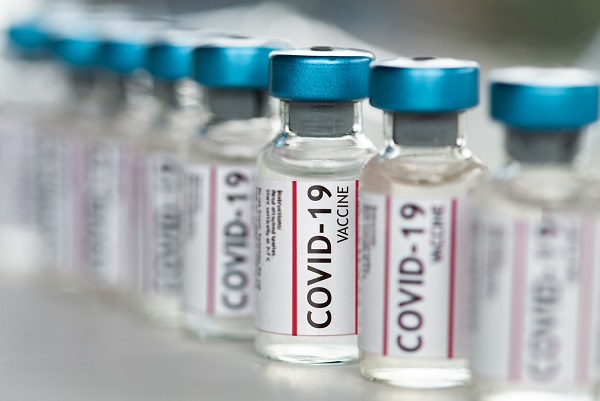Vaccine expert reveals what we do and don’t know about the Pfizer and AstraZeneca jabs

Mixing COVID-19 vaccines may provide better protection against the virus than having two doses of one vaccine, and the ideal duration between Pfizer doses is not yet known, a vaccine expert has revealed.
Head of the Vaccine and Immunisation Research Group at the Doherty Institute, Professor Terry Nolan, says there is some evidence that mixing two different vaccine doses may also provide greater protection than two doses of one vaccine.
Three new German cohort studies, which are not randomised trials, indicate antibody responses are better in people who had two different vaccines.
A more comprehensive UK study on mixing vaccines is currently underway.
“When you use a vaccine that comes from a different immunologic approach … it can actually push up your immune response and improve it, both in terms of how much antibody you produce, which means you might have protection for longer,” Professor Nolan told Neil Mitchell.
“Also it potentially improves the breadth of protection … against the variants.
“I think this is a very promising opportunity and we’re waiting on a study from the UK … which is actually looking at those who have had AstraZeneca as a first dose and Pfizer as a second, or the other way around.”
Meanwhile, varying the time between Pfizer doses could boost protection levels.
Under current recommendations, the second dose of the Pfizer vaccine is given three weeks after the first, but having the second dose later may be just as effective, or perhaps, provide even greater efficacy.
“The optimum time isn’t really known because it hasn’t been studied in any great detail,” Professor Nolan said.
“It’s very likely … that a longer interval between the doses will actually give you better protection.”
The time between AstraZeneca doses has, however, been studied, and 12 weeks has been found to be optimal.
Press PLAY below to hear Professor Nolan explain what we do and don’t know about the various COVID-19 vaccines















